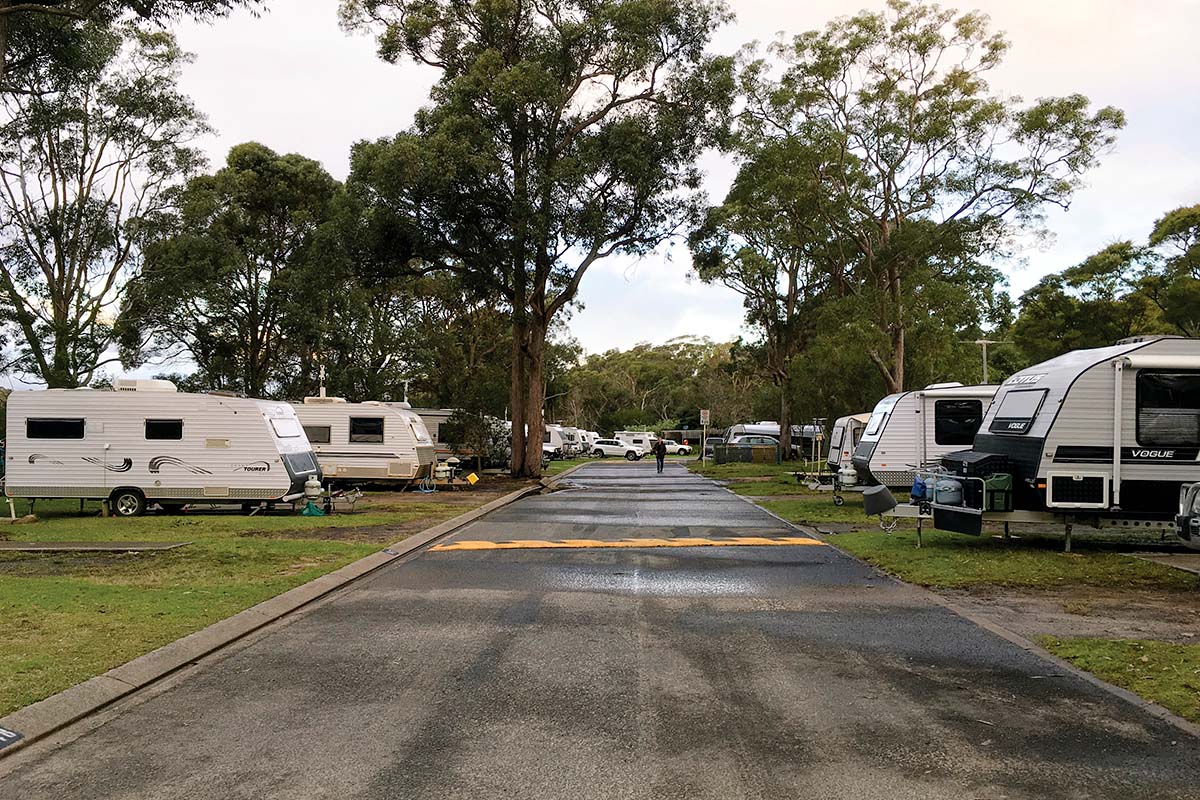Events such as the COVID-19 pandemic, floods and bushfires have affected NSW residents, resulting in lost homes and difficulty finding accommodation.
We’re making it easier for those affected to find a temporary place to live.
We have updated the Local Government (Manufactured Homes Estates, Caravan Parks, Camping Grounds and Moveable Dwellings) Regulation 2021 to help people in need.
Temporary emergency accommodation
We have made changes so it is easier for people to access emergency accommodation. These changes mean temporary caravan or camping grounds can be set up without approval, by or on behalf of a public authority.
These sites need to be safe and have appropriate services. They can house caravans and self-contained vehicles. They can run for up to 5 years, but after that they need development consent.
2022 NSW floods
After the floods of 2022, the NSW Government announced a $350-million investment in temporary modular housing to give displaced people a place to live.
Find out more at NSW floods – information and support services.
Installing a moveable dwelling
If you’re affected by natural disaster, you can put a moveable dwelling on your land or other land with the owner’s consent. You don’t need council approval for up to 2 years.
The Local Government Act 1993 defines a moveable dwelling as a tent, van, caravan or similar structure used to live in. It can include a manufactured home, which is a self-contained dwelling designed to be constructed off-site and installed in major sections that could later be separated for relocation.
Even though you don’t need an approval for 2 years, check if you need to tell the council about your dwelling.
Extending the 2-year exemption period for moveable dwellings
If you are still displaced after 2 years, your council can extend your stay under the Local Government Act 1993. Council does this through its local approvals policy.
Extended stays in caravan parks or camping grounds
Caravan park and camping ground managers can make spots available for up to 2 years for people who have lost their home because of a disaster or who face housing insecurity because of the COVID-19 pandemic.
Councils can modify conditions for camping grounds
Councils can change the conditions attached to staying at primitive camping grounds – those with basic facilities – to temporarily relocate people during an emergency or natural disaster. These conditions include length of stay, maximum numbers and spacing.
More information
To learn more about temporary accommodation, read our frequently asked questions (PDF, 74 KB).
To understand what help is available to you following a disaster phone Service NSW on 13 77 88.
